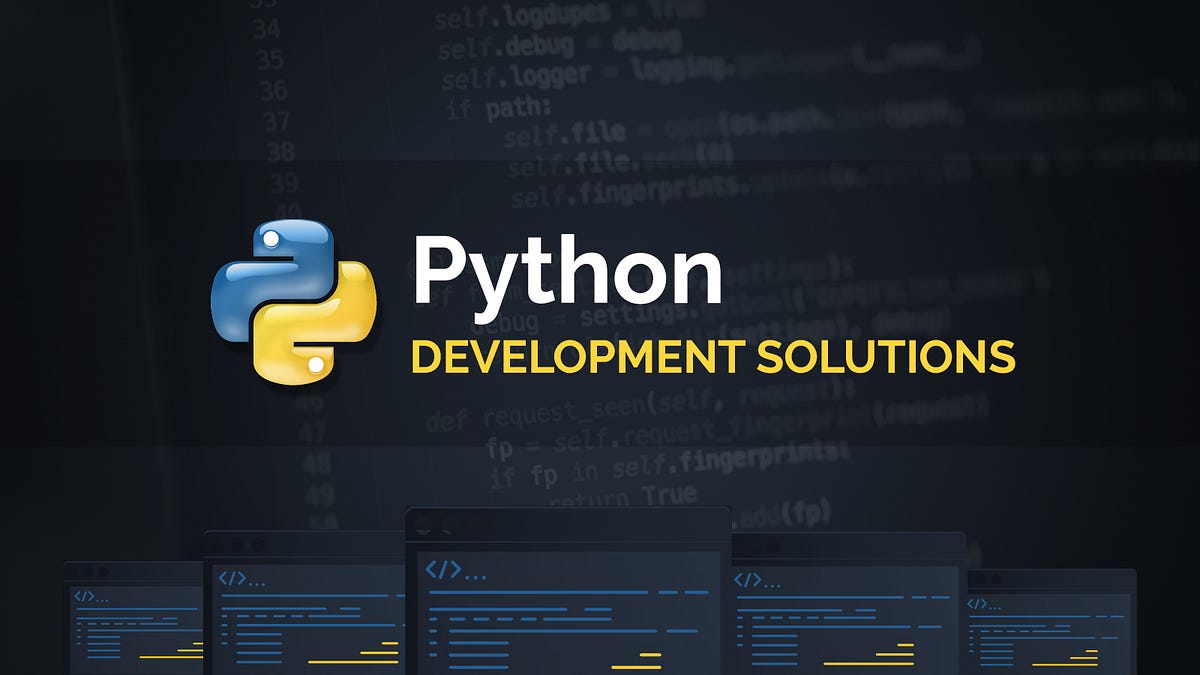
Introduction
Python has become a favorite language for beginners and seasoned developers alike. Its simple syntax, vast ecosystem of libraries, and wide range of applications make it ideal for anyone starting their programming journey. Oprezo India has compiled a list of top resources and learning paths to help beginners master Python and start building practical applications.
Python is a high-level, interpreted programming language known for its readability and ease of use. Created in the late 1980s, it has since grown into one of the most popular languages in the world, powering applications ranging from simple scripts to complex machine learning algorithms.
Key features of Python include:
To start coding in Python, you'll need to set up your development environment:
Download Python: Visit the official Python website and download the latest version of Python. Python comes pre-installed on many operating systems, but it’s always a good idea to have the latest version.
IDE (Integrated Development Environment): While Python can be coded in any text editor, using an IDE like PyCharm, Visual Studio Code, or Jupyter Notebook can significantly streamline your workflow.
With Python installed and a proper code editor, you are ready to begin coding.
As a beginner, it’s crucial to start by mastering Python’s basic concepts:
Variables and Data Types: Learn how to define variables and work with different data types like integers, floats, strings, and booleans.
Control Structures: Understand Python’s control flow, including if-else conditions, loops (for, while), and logical operators.
Functions and Modules: Functions are essential building blocks of any Python program. Learn how to define functions, pass arguments, and return values. Python also allows you to organize your code into modules and reuse them in different projects.
Lists, Tuples, and Dictionaries: These are some of the most used data structures in Python. Learn how to create, manipulate, and access data within them.
Resources:
Once you have a grasp on the basics, it's time to build small projects that reinforce what you've learned:
Simple Calculator: A simple console-based calculator helps you practice functions, user input, and control structures.
Guess the Number Game: Build a number guessing game using loops and conditional statements to handle user guesses and provide feedback.
Basic Web Scraper: Use the BeautifulSoup library to scrape data from websites. This is an excellent way to practice working with third-party libraries and handle real-world data.
Completing small projects will give you hands-on experience and confidence in your coding skills.
Python's rich ecosystem of libraries makes it a powerful tool for various domains, from web development to data science. Here are some beginner-friendly libraries to explore:
Web Development: Learn how to create simple websites using frameworks like Flask or Django.
Data Science and Machine Learning: Libraries such as Pandas (for data manipulation), Matplotlib (for data visualization), and Scikit-Learn (for machine learning) make Python an excellent choice for beginners interested in data science.
Automation: Selenium and BeautifulSoup are popular libraries for automating tasks like web scraping and browser interactions.
Exploring Python’s vast libraries will give you insight into the different applications Python can be used for.
Debugging is an essential part of coding, and Python provides built-in tools to make this easier:
Python Debugger (pdb): Python includes a built-in debugger (pdb) that allows you to step through your code, inspect variables, and find errors.
Writing Tests: Learn about writing unit tests using the unittest module or pytest to ensure your code runs correctly.
Once you're comfortable with the basics, it’s time to dive into more advanced Python concepts that will elevate your programming:
Object-Oriented Programming (OOP): Learn how to define classes, create objects, and implement inheritance and polymorphism in Python.
File Handling: Python provides simple ways to read from and write to files. Learn how to work with different file types and handle file operations.
Error Handling: Understanding how to handle errors using try-except blocks is vital to building robust applications.
List Comprehensions: Python allows concise ways to create lists using list comprehensions, which can replace longer loops in your code.
Python for Everybody (Coursera): This course is excellent for absolute beginners, teaching Python basics and offering hands-on exercises.
Automate the Boring Stuff with Python (Book): A great book for beginners interested in learning how to automate everyday tasks with Python.
freeCodeCamp Python Tutorials: freeCodeCamp offers an extensive range of Python tutorials on YouTube, perfect for beginners to follow along.
Codecademy Python Course: This interactive course is ideal for beginners who want to practice writing Python code from day one.
LeetCode: Once you’re comfortable with Python, practice solving coding problems on platforms like LeetCode to hone your algorithm skills.
Python is an excellent programming language for beginners due to its simplicity, readability, and extensive support. By following Oprezo India’s curated resources, beginners can gain a strong foundation in Python programming and build their own projects in no time. Whether you aim to work in web development, data science, automation, or machine learning, mastering Python opens up endless opportunities in the tech world.
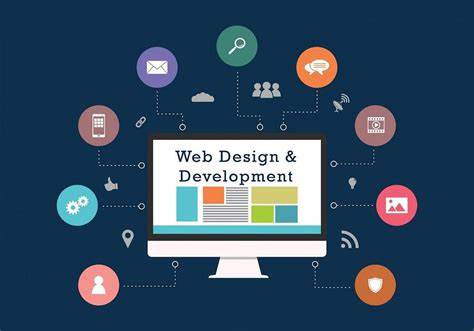 Best Web Development Company in Delhi NCR | Oprezo India
Best Web Development Company in Delhi NCR | Oprezo India
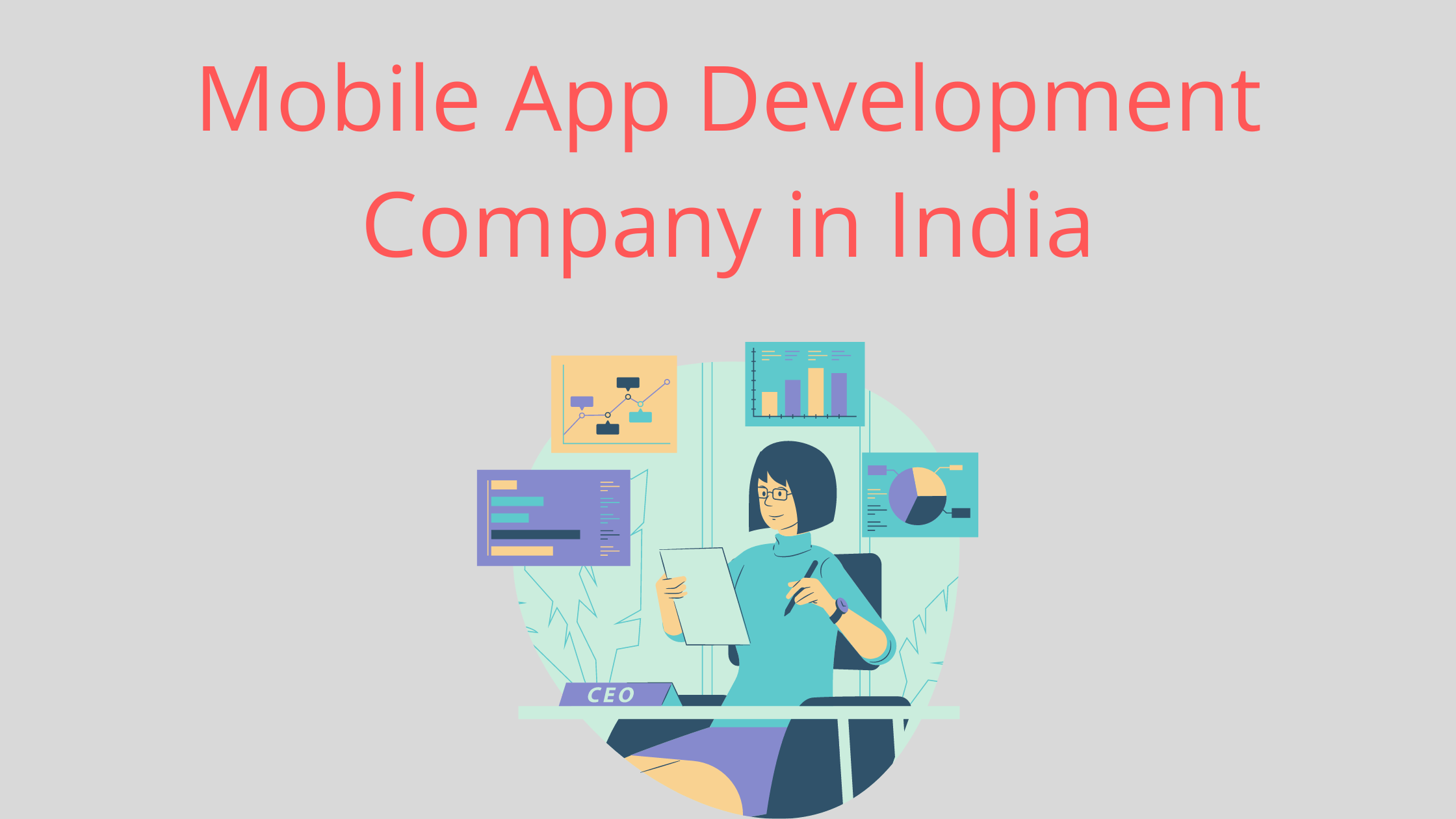 Best Mobile App Development Company in Delhi | Oprezo India
Best Mobile App Development Company in Delhi | Oprezo India
 Best Digital Marketing & SEO Company in Delhi NCR | Oprezo India
Best Digital Marketing & SEO Company in Delhi NCR | Oprezo India
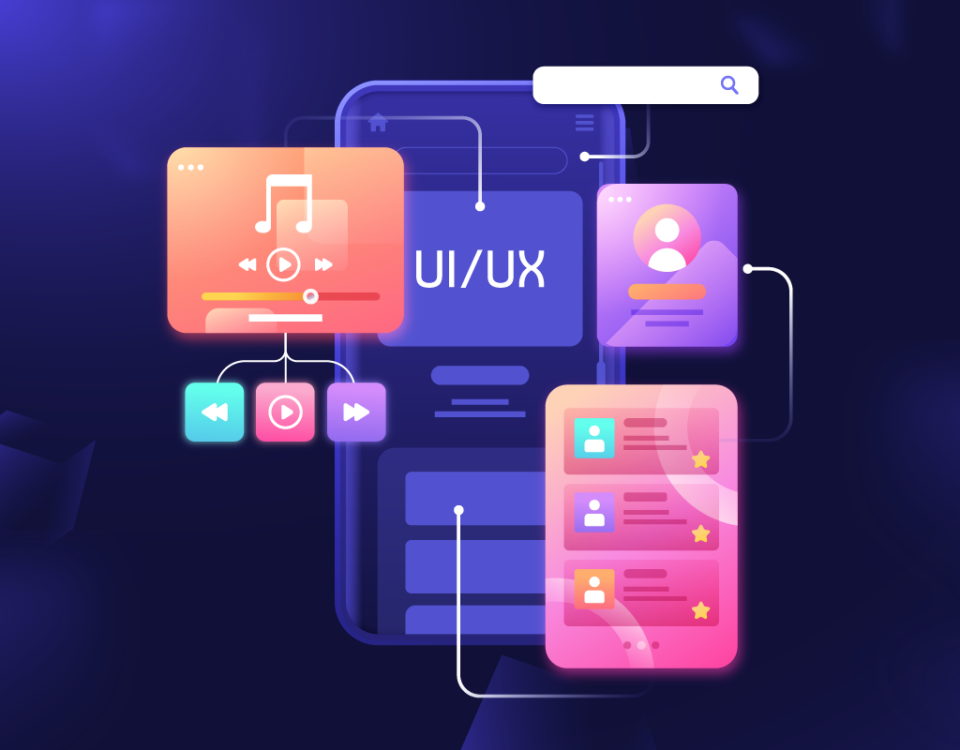 Best UI & UX Design Services in Delhi | Android & iOS UI/UX Development – Oprezo India
Best UI & UX Design Services in Delhi | Android & iOS UI/UX Development – Oprezo India
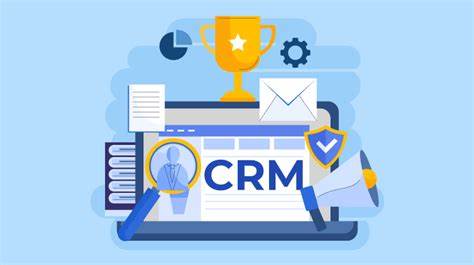 Best CRM & MLM Software Development Company in Delhi | Oprezo India
Best CRM & MLM Software Development Company in Delhi | Oprezo India